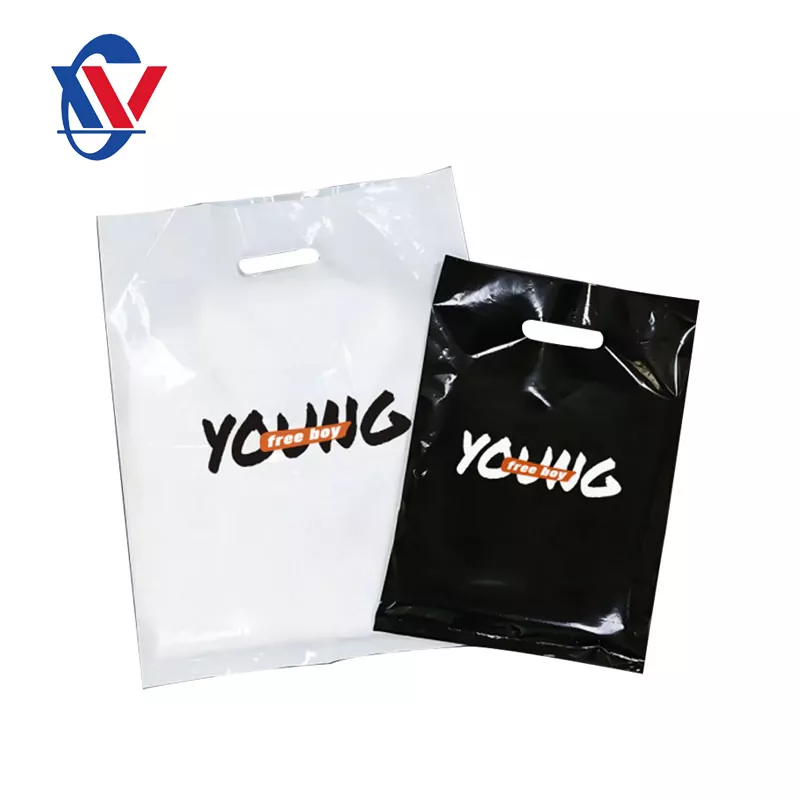Application of Biodegradable Plastics in Plastic Packaging Bags
2025-07-08
In recent years, the global demand for sustainable and environmentally friendly materials has driven the development and application of biodegradable plastics in various industries, particularly in plastic packaging. Traditional plastic packaging bags, mainly made from petroleum-based polymers such as polyethylene (PE) and polypropylene (PP), pose significant environmental challenges due to their long decomposition periods and accumulation in ecosystems. Biodegradable plastics offer a viable alternative, providing the functionality of conventional plastics while reducing environmental impact.
Biodegradable plastics are derived from renewable resources such as cornstarch, sugarcane, or other plant-based materials. Common types include polylactic acid (PLA), polyhydroxyalkanoates (PHA), and starch blends. These materials are designed to break down naturally through the action of microorganisms under specific conditions, such as in industrial composting facilities or, in some cases, in soil and marine environments.
One of the most significant applications of biodegradable plastics is in the production of packaging bags used in retail, food services, and waste management. For example, grocery stores and supermarkets are increasingly adopting biodegradable shopping bags to reduce their carbon footprint. In the food industry, biodegradable packaging bags help in maintaining hygiene and extending shelf life while ensuring that the discarded packaging decomposes more rapidly in composting conditions.

The benefits of using biodegradable plastic packaging are multifaceted. First, it contributes to the reduction of plastic pollution, particularly in marine environments where conventional plastics can persist for centuries. Second, it supports waste management systems by enabling composting and organic recycling, aligning with circular economy principles. Third, it responds to growing consumer demand for environmentally responsible products, enhancing brand reputation and marketability.
However, challenges remain in the widespread adoption of biodegradable plastics. The cost of production is typically higher than conventional plastics, and the performance characteristics, such as strength and durability, may vary. Additionally, the effectiveness of biodegradation depends on specific environmental conditions that may not be present in natural ecosystems or general landfill sites. Public education and improvements in waste sorting and composting infrastructure are also necessary to maximize the environmental benefits.
In conclusion, biodegradable plastics represent a promising solution for reducing the environmental impact of plastic packaging bags. As technology advances and production costs decrease, their application is expected to expand further. With the support of governments, industry stakeholders, and consumers, biodegradable plastic packaging can play a crucial role in creating a more sustainable future.
As a professional manufacturer and supplier, we provide high-quality products. If you are interested in our products or have any questions, please feel free to contact us.